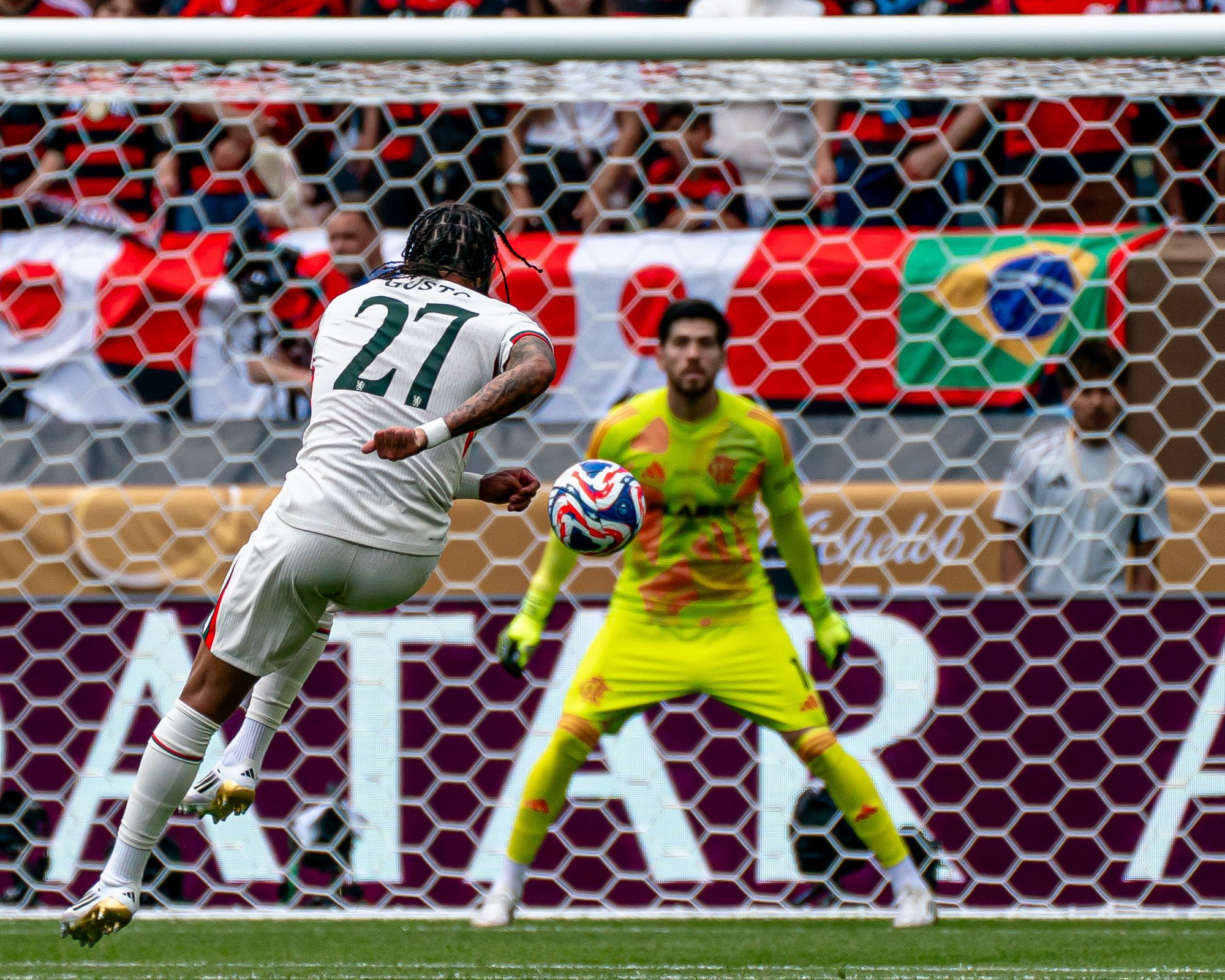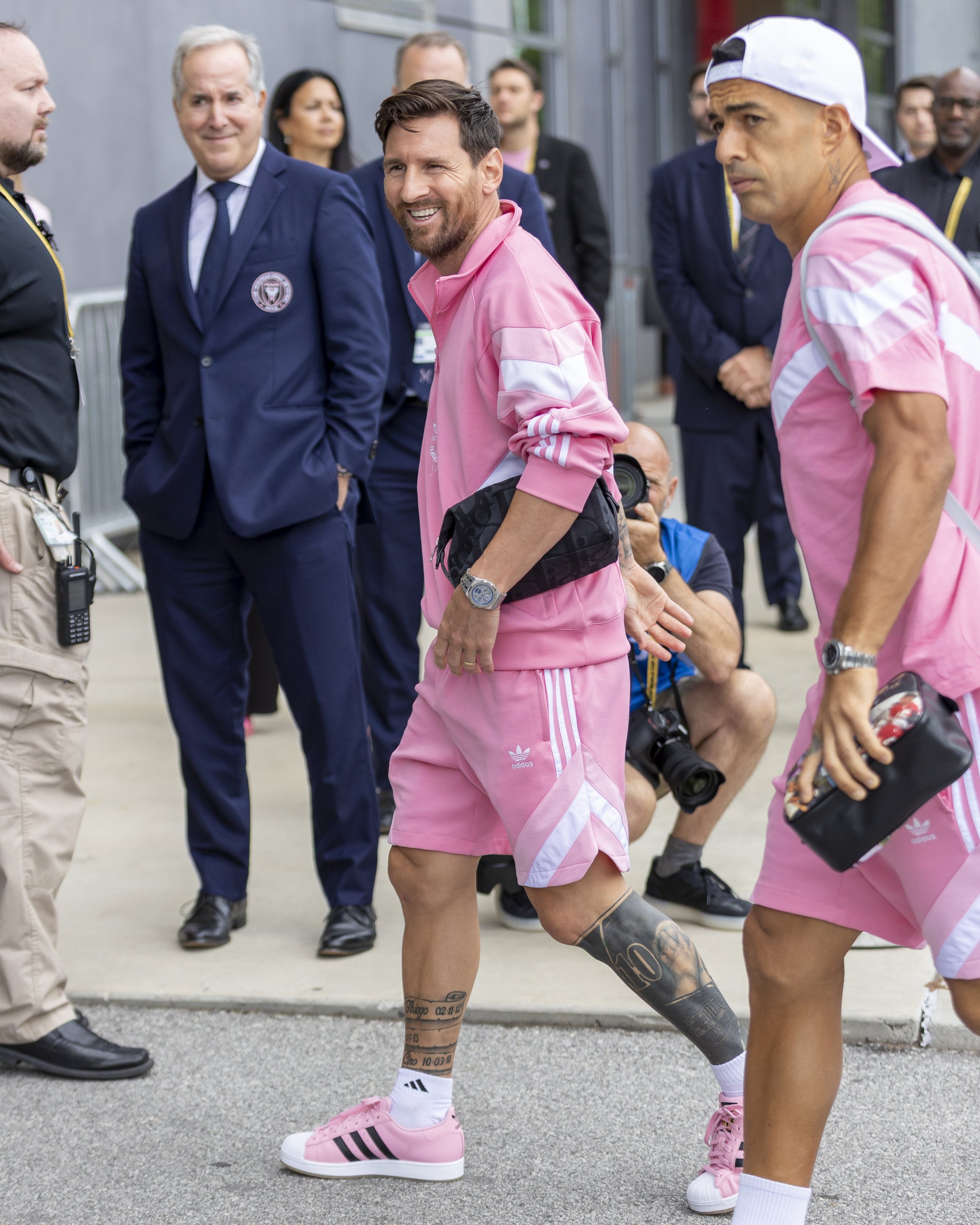
FIFA Club World Cup
Group Stage Recap
Three Cities, One Stage: The FIFA Club World Cup Ignites the U.S.
As the 2025 FIFA Club World Cup group stage roared across the United States, three cities became the beating hearts of global football: Seattle, Atlanta, and Philadelphia. With samba rhythms, flares in the stands, and a healthy dose of Messi-mania, these cities didn’t just host matches—they told stories. Here’s how each one wrote its chapter in this historic tournament.
Seattle
Group B – Grit Meets Greatness at Lumen Field
In a city known for its rain and resilience, Seattle proved the perfect host for one of the tournament’s toughest groups. Lumen Field, drenched in Sounders green and gray skies, welcomed European giants PSG and Atlético Madrid, Brazilian powerhouse Botafogo, and the local hopefuls—the Seattle Sounders.
Seattle’s campaign began with a high-octane battle against Botafogo. The South American side’s flair was undeniable, but the Sounders gave as good as they got. Despite falling 2–1, the crowd’s reaction was thunderous—Seattle wasn’t here just to make up the numbers.
Against Atlético Madrid, the Sounders struck back with a goal that sent the stadium into delirium. While the Spanish side eventually won 3–1, the Sounders’ intensity never wavered. Then came the marquee matchup: Seattle vs. PSG. Under the floodlights, and with stars like Kylian Mbappé and Achraf Hakimi on the pitch, the Sounders held firm for long stretches. PSG’s class prevailed in the end, but the 2–0 scoreline told only part of the story. The home fans gave their team a standing ovation—not for a result, but for a performance worthy of the world stage.
Beyond the scoreboard, Seattle delivered unforgettable scenes: Brazilian fans dancing at Pike Place Market, PSG ultras waving flags at the Space Needle, and locals who never stopped chanting “Come on, Sounders!” even as global elites rolled into town.
Atlanta
Groups A & D – Southern Heat, Global Beat at Mercedes-Benz Stadium
No city blended global football with American spectacle like Atlanta. Hosting two groups, the ATL became a cultural cauldron—where samba met Southern soul and Arabic drums echoed through the downtown core.
Group A featured Palmeiras, Inter Miami, Porto, and Al Ahly. Inter Miami’s opening match against Al Ahly ended in a tense 0–0 draw, but the drama escalated quickly. Messi and Luis Suárez rolled back the years with a thrilling 2–1 comeback win over Porto that electrified the crowd. Their final clash, a 2–2 draw with Palmeiras, had everything: goals, tactical masterstrokes, and a wild atmosphere as fans sang in three languages.
Group D was no less electric. Flamengo’s fans turned every match into a home game, and their 3–1 dismantling of Chelsea showcased Brazilian football at its finest. Chelsea bounced back with a commanding 3–0 win over Espérance, while LAFC struggled to find footing, suffering a shock defeat to the Tunisian side and earning just one point from three matches.
But the real magic in Atlanta happened off the pitch. Tailgates turned into samba circles. Messi jerseys were worn by kids, seniors, and everyone in between. Local chefs added international flair to menus—Jollof rice next to brisket, Arabic tea next to iced Coca-Cola. At night, Centennial Olympic Park transformed into a festival of flags and music.
Atlanta didn’t just host matches—it hosted the world.
Philadelphia
Group G – Fire, Flares, and European Dominance at Lincoln Financial Field
Philadelphia has always been a city that wears its heart on its sleeve—and that spirit was on full display during Group G action. With Manchester City, Juventus, Wydad Casablanca, and Al Ain in town, the stage was set for fireworks. The city delivered—literally.
Manchester City opened their campaign against Wydad in what became one of the most unforgettable nights of the tournament. While City cruised to a 2–0 victory, it was the fans who stole the show. Wydad supporters turned the stadium into a sea of red smoke, letting off flares, waving flags, and creating such a raucous atmosphere that the match was briefly halted by security. It wasn’t dangerous—it was defiant. This was football culture at its rawest.
Juventus came next, rolling past Wydad 4–1 with the swagger you’d expect from Italian royalty. Then City turned ruthless, obliterating Al Ain 6–0 in a match that felt more like a training session for Pep Guardiola’s men. Still, Al Ain gave fans something to cheer with a spirited 2–1 win over Wydad in the final group match.
Beyond the results, Philadelphia’s streets came alive. Moroccan fans drummed in the Italian Market. English supporters filled Irish pubs. Banners draped over rowhomes. It was gritty. It was loud. It was perfect.
What We Learned
Three cities. Three different energies. But one unforgettable group stage. Seattle brought heart, Atlanta brought heat, and Philadelphia brought chaos in the best possible way. The matches mattered—but so did the music, the marches, the flavors, and the faces. Football didn’t just visit these cities—it became them.
As the knockout rounds begin, one thing is clear: the U.S. is no longer a guest in global football. It's now a host with soul.
































